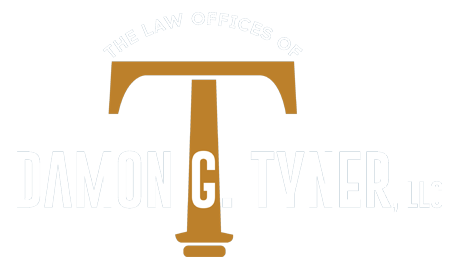Many residents of New Jersey, both natives and transplants, may feel drawn to take advantage of the area’s investment real estate market.
Likewise, out-of-state investors might Egg Harbor Township a desirable location to invest in residential or commercial properties.
Managing a real estate portfolio carries with it both financial and legal risks and responsibilities. Not assessing these risks carefully can make one’s dream of owning a large portfolio of investment real estate turn into more of a nightmare.
A good first step in managing legal risk is for an investor to form a limited liability company, or LLC, which would own and operate the investment properties.
For one, an LLC protects the investor from personal liability in case of a lawsuit.
If an investment property is owned by an LLC, the investor can worry less about someone taking their personal property because after a real estate dispute or even a personal injury claim involving one of their investments.
An LLC may also offer savings on taxes. This business format also offers flexibility should an investor ever wish to take on investment partners. LLCs even can serve as an effective tool for estate planning.
It is important to set up an LLC properly to minimize potential drawbacks
At the most basic level, forming a valid LLC requires that an investor follow the applicable state laws for doing so.
Correctly setting up an LLC to fit an investor’s unique circumstances will take additional time and resources. Doing so thoughtfully will also require understanding how the laws will affect the new business entity as it grows.
For example, once an investor creates an LLC, they have to transfer their property into the LLC. However, transferring property can prompt a lender to demand the balance of their loan up front. The investor would have to think about how they will transfer their property while avoiding this risk.
LLCs are a good option for many investors, but forming one should be part of an investor’s larger legal strategy.

